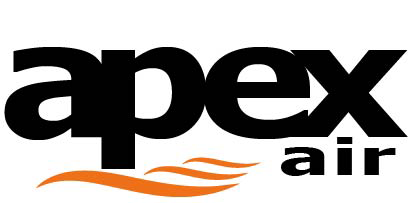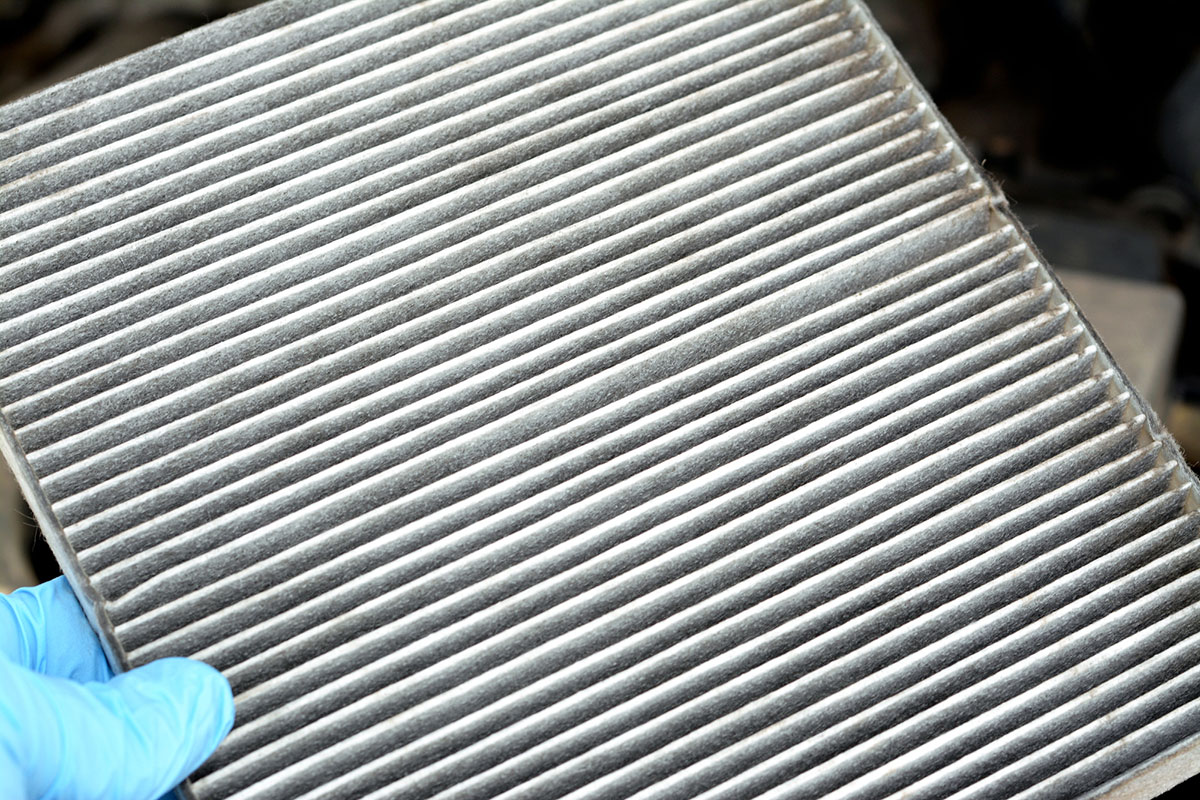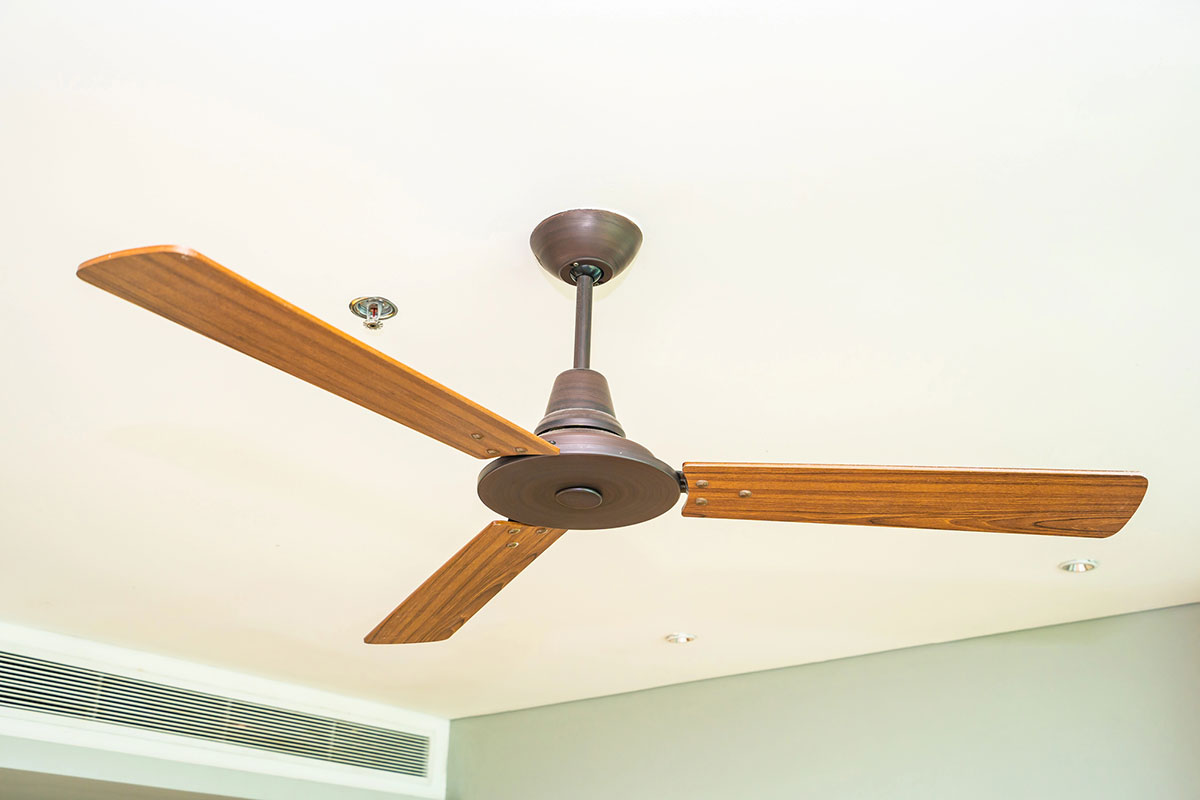Summer in Washington can push your HVAC system to its limits. As outdoor temperatures rise, your air conditioner works harder to maintain a comfortable indoor climate. If it’s not running efficiently, you could be facing breakdowns, high energy bills — or worse. At Apex Air, we want to help you stay cool and avoid unnecessary disruptions. Let’s explore some of the most common AC problems in summer — and what you can do to stop them before they start.
1. Clogged Air Filters
Dust, pollen and other particles can quickly clog your air filter, reducing airflow and forcing your AC system to work harder. Left unchecked, this can reduce efficiency, increase your energy bill, and cause wear and tear on your system’s components.
Prevention Tip:
Check your air filters every 30–90 days and replace them as needed. This small maintenance task can improve performance and extend the life of your HVAC system.
2. Low or Leaking Refrigerant
Refrigerant is what helps your system absorb and remove heat from your home. If there’s a leak or the refrigerant level drops, you may notice poor cooling performance, warm air blowing from vents or even ice forming on your evaporator coil.
Prevention Tip:
Schedule annual maintenance to check for refrigerant issues. Only a certified HVAC technician can safely handle refrigerant and recharge your system to factory specs.
3. Dirty Condenser Coils
The outdoor unit’s condenser coils release the heat your system pulls from inside. If they’re coated in dirt, leaves or grass clippings, the system can’t expel heat effectively — which forces your AC to run longer and harder.
Prevention Tip:
Clear debris away from the outdoor unit and rinse coils gently with a garden hose. Schedule seasonal cleanings to ensure optimal performance.
4. Electrical Component Failures
Summer heat can place a heavy load on your system’s electrical parts. Capacitors, contactors and circuit boards may overheat, leading to AC short cycling, inconsistent cooling or a total system failure.
Prevention Tip:
A pre-season inspection from Apex Air can identify worn or overheating components before they lead to bigger problems.
5. Thermostat Issues
A malfunctioning or misconfigured thermostat can throw off your entire HVAC system. You might experience uneven temperatures, short cycling or an AC that simply won’t turn on.
Prevention Tip:
Place thermostats away from heat sources like windows or appliances, and consider upgrading to a smart or programmable model to optimize cooling and energy efficiency.
6. Clogged Drain Lines
Your air conditioner removes moisture from the air, which drains through a condensate line. If that line clogs, you could see water pooling around the unit or signs of mold growth.
Prevention Tip:
Pour vinegar, followed by water, into the drain line access point once a month, and keep an eye out for damp areas near your indoor AC unit. Also be sure to have the drain line flushed during annual maintenance.
7. Weak Airflow
Weak airflow is one of the most common AC problems in summer. It can stem from a variety of causes including clogged filters, duct obstructions or a struggling blower motor.
Prevention Tip:
Change filters regularly, keep vents unblocked and schedule duct cleaning if you suspect buildup is restricting airflow.
8. Excessive Humidity
Washington summers can be humid, and your AC might not be enough to keep indoor moisture in check. High humidity makes your home feel hotter, triggers allergies and encourages mold growth.
Prevention Tip:
Consider installing a whole-home dehumidifier to reduce indoor humidity and take stress off your AC system.
9. Unusual Noises or Smells
Clanking, squealing or buzzing sounds could point to loose components or failing motors. Musty or burning smells may indicate mold or electrical issues.
Prevention Tip:
Never ignore strange noises or odors. Schedule an inspection to diagnose the issue before it becomes a serious (and costly) repair.
Prevent Problems Before They Start
Routine maintenance is the key to avoiding many of these common AC problems in Washington summers. A professional tune-up before the season begins can identify small issues, boost efficiency and keep your system running smoothly when you need it most.
Stay Ahead of Summer HVAC Trouble
Your HVAC system should bring you relief — not headaches. If you’re experiencing any of these issues, or your system hasn’t received summer maintenance, contact the experts at Apex Air today! We’re proud to serve homeowners throughout Washington with trusted, reliable cooling solutions to keep you comfortable all season long.


